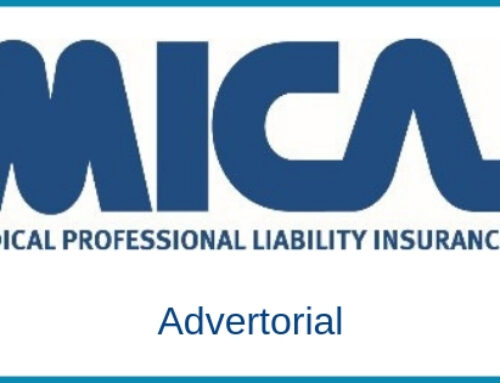Congratulations – you have an employment contract! But, now what? Typically, you should have legal counsel review the contract, but here are some tips for reviewing and understanding your contract before signing:
- Stark/False Claims Act compliance: Compensation should never be linked to the volume or value of referrals. If you see this, it should raise red flags. There are ways to structure compensation agreements to comply with the law and keep you out of trouble.
- Non-compete provisions: Many physician contracts contain non-compete provisions. In a non-compete provision, a physician agrees not to work with a rival practice or hospital or to start a similar practice for a specified period of time, and/or in a specified geographic area, after leaving his or her current employer. This can severely limit your employment options if you choose to leave. Moreover, if you violate a valid non-compete provision, you and your next employer may face liability. Make sure you review any non-compete provisions carefully and understand them.
- Non-solicitation provisions: Non-solicitation provisions may prevent you from taking patients and/or other employees with you when you leave. This can impact your next employment and your profitability. It is always best if you can work out a message that will be sent to your patients when and if you leave at the initial contracting stage.
- Relocation expenses and/or signing bonuses: Some contracts provide for relocation expenses and/or a signing bonus. However, many physicians do not realize that you may have to pay back some or all of this if you do not fulfill the term of your contract. For example, if you leave two years into a three year contract, you may have to pay back all, or at least some pro-rata portion, of your relocation expenses and/or signing bonus.
- Moonlighting versus exclusive services: Some contracts require that all of your services be devoted to the practice. They may restrict moonlighting or prohibit it. You may even have to turn over anything earned for lecturing or honoraria.
- Compensation: Compensation formulas can be convoluted. Make sure you understand how you are being paid, when and for what services. If your compensation is based on a formula or on the types of services rendered, be sure to understand how it works and when you will be paid. You should also make sure you have clarity as to whether or not your compensation includes funds for CME attendance and when and how bonuses are calculated and paid.
- Termination: Almost every contract lays out the circumstances by which a practice can terminate a physician. However, physicians need to be aware of their rights and understand how they can terminate the contract. You should make sure that you can terminate the contract if the practice fails to meet its obligations to you. You should also make sure there is some manner to terminate the contract by agreement and without cause. Finally, be sure you understand how much, and what type of, notice is required to terminate the contract.
- Tail coverage: Many contracts require the physician to pay for his or her own tail coverage. Tail coverage provides protection for medical malpractice claims that are filed after a policy expires or is terminated. Tail coverage can be expensive, so it is important to understand who will pay this cost upfront. You may also be able to negotiate an arrangement where if you leave because the practice failed to meet its obligations to you, the practice will pay for tail coverage. Negotiating this upfront is the best practice.
- Patient record-keeping: While patient records typically belong to the practice, many contracts also include a time requirement for completing patient records. A thirty-six-hour rule is common, though this varies by discipline. Make sure you are aware of any timing rules and abide by them.
- Duties: In addition to caring for patients, many contracts contain additional duties. You may be required to attend meetings, participate in quality assurance programs, participate in research studies, or even write publications. Make sure you know what is expected.
If you have questions or concerns, consult an attorney. Their legal guidance can save you time and money, and help you to avoid litigation in the future.
About the Author:
Heather Macre is an Arizona attorney specializing in healthcare law. Ms. Macre is a Director with Fennemore Craig, PC in Phoenix.





